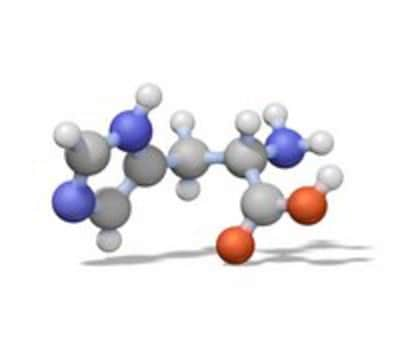T9128
Trypsin inhibitor
lyophilized powder, suitable for inhibition assay
Sinónimos:
SBTI
About This Item
Productos recomendados
Nombre del producto
Trypsin inhibitor from Glycine max (soybean), lyophilized powder
biological source
Glycine max (soybean)
Quality Level
type
Type II-S
form
lyophilized powder
mol wt
20,100 Da
technique(s)
inhibition assay: suitable
solubility
balanced salt solution: 1 mg/mL
concentrate: >10 mg/mL, hazy, amber-yellow
phosphate buffer: 10 mg/mL
water: 10 mg/mL
serum-free medium: soluble
shipped in
ambient
storage temp.
2-8°C
¿Está buscando productos similares? Visita Guía de comparación de productos
Biochem/physiol Actions
Components
Unit Definition
Preparation Note
Solutions can retain activity when stored short-term at 2-8° C. Solutions are stable in frozen aliquots at -20°C.
Analysis Note
signalword
Danger
hcodes
Hazard Classifications
Resp. Sens. 1 - Skin Sens. 1
Storage Class
11 - Combustible Solids
wgk_germany
WGK 3
flash_point_f
Not applicable
flash_point_c
Not applicable
ppe
Eyeshields, Gloves, type N95 (US)
Elija entre una de las versiones más recientes:
Certificados de análisis (COA)
¿No ve la versión correcta?
Si necesita una versión concreta, puede buscar un certificado específico por el número de lote.
¿Ya tiene este producto?
Encuentre la documentación para los productos que ha comprado recientemente en la Biblioteca de documentos.
Los clientes también vieron
Protocolos
This technical article described the Enzymatic Assay of Trypsin Inhibitor.
Chromatograms
application for HPLCNuestro equipo de científicos tiene experiencia en todas las áreas de investigación: Ciencias de la vida, Ciencia de los materiales, Síntesis química, Cromatografía, Analítica y muchas otras.
Póngase en contacto con el Servicio técnico











